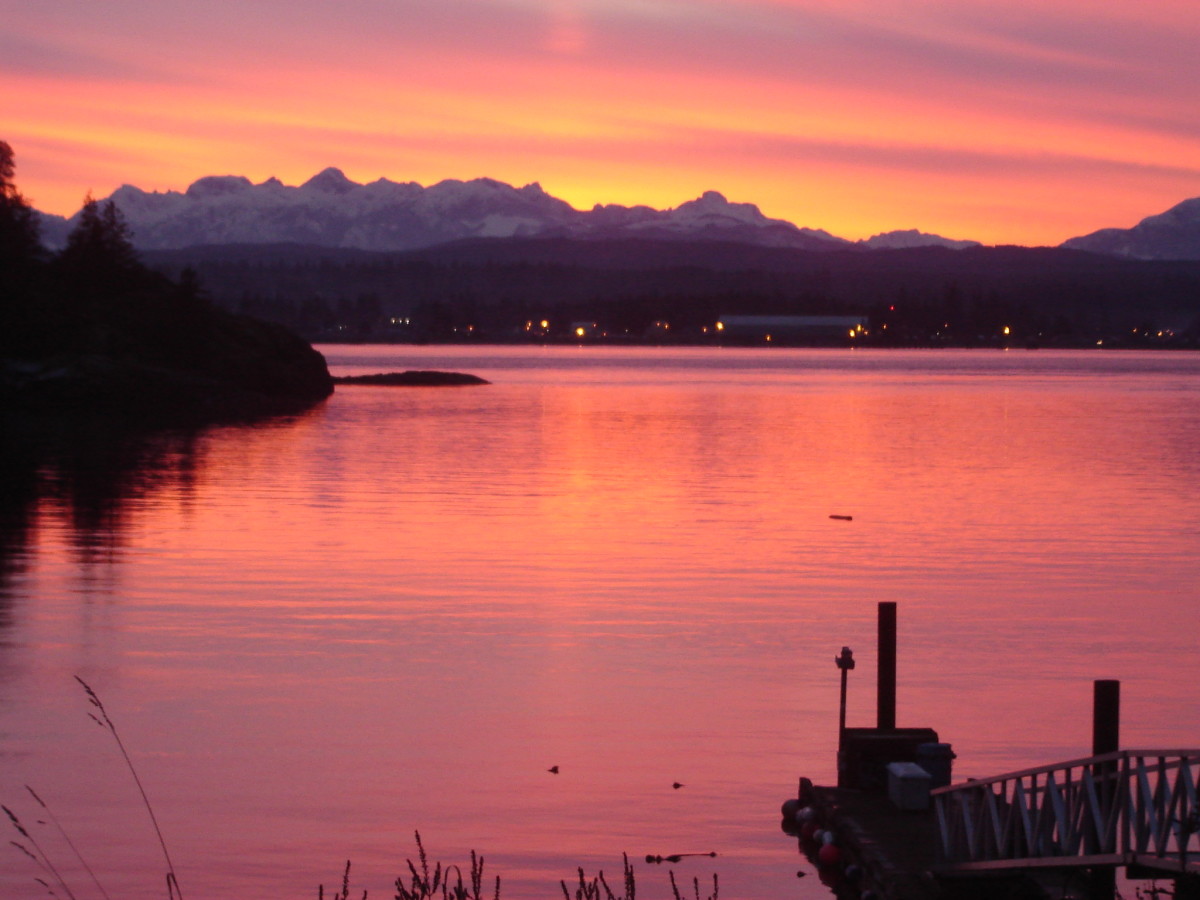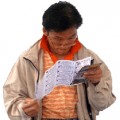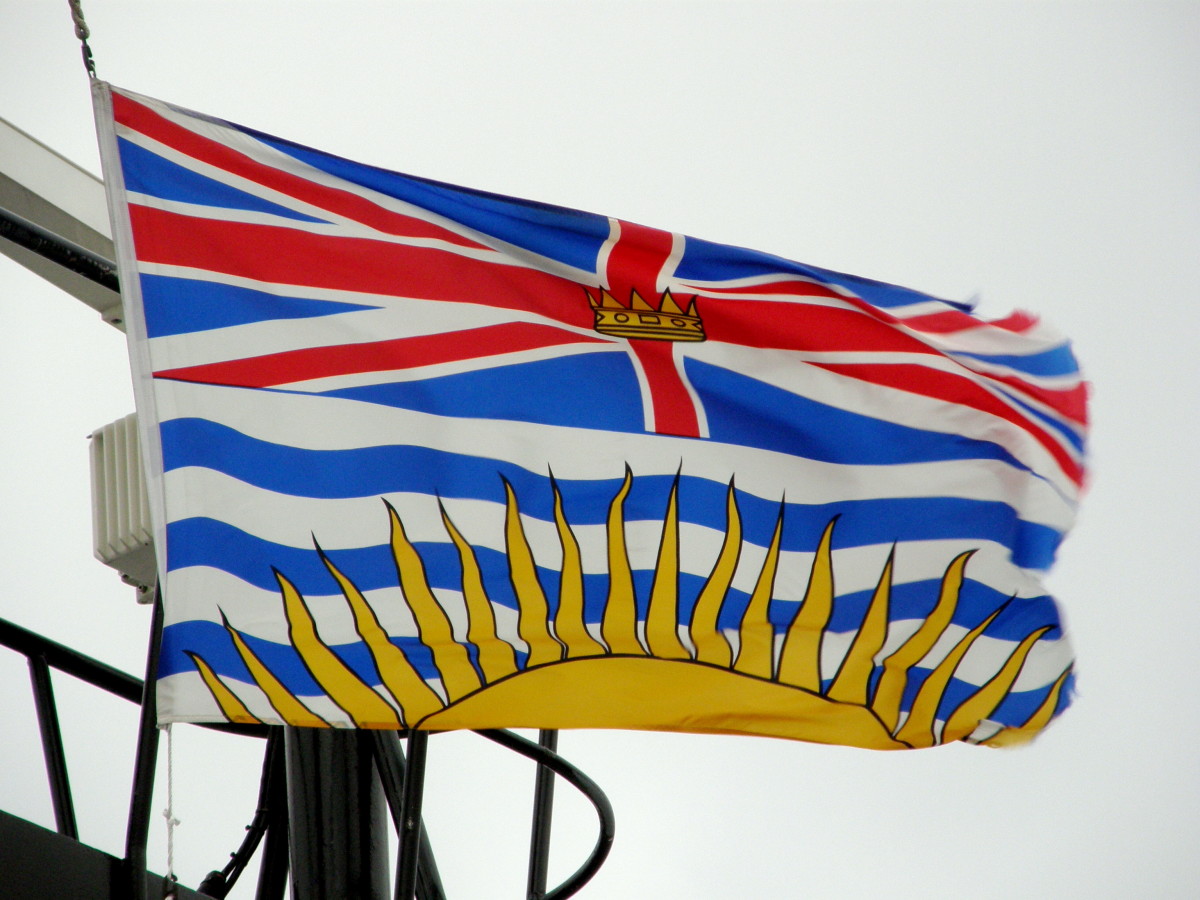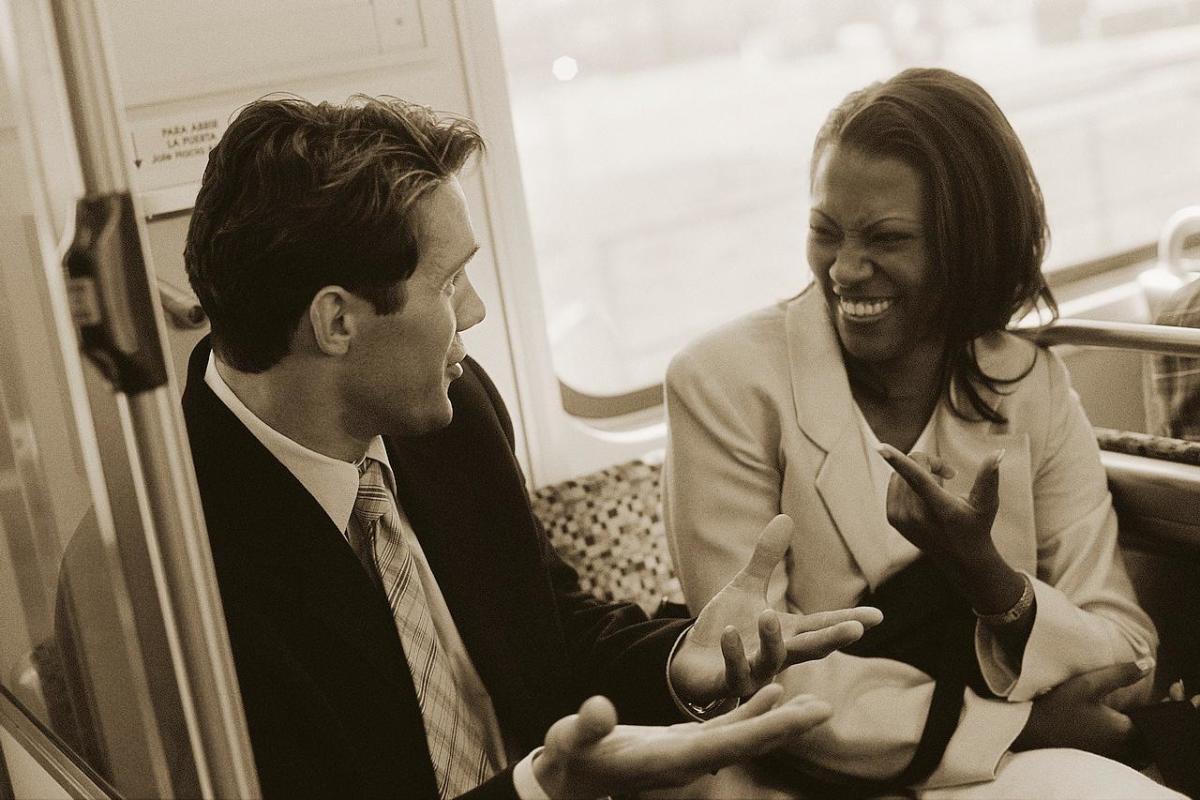- HubPages»
- Books, Literature, and Writing»
- Commercial & Creative Writing»
- Creative Writing»
- Humor Writing
Sweden isn't Switzerland! And other travel misconceptions
Over the years, I have had some very strange encounters with travel agents and others in the tourism field. Many are very helpful and knowledgeable, but it only takes one bad apple. Here are just three of the stories.

Sweden must be in Switzerland
In middle school, every student was assigned a country for the culture fair. I was lucky to get Sweden, one of my ancestral countries, and one I knew something about. I researched using the books and magazines at the public library, but I really wanted some contemporary pictures to go along with my report and presentation. So, my dad and I headed to the closest travel bureau.
I told the travel agent that I wanted some current information on Sweden for my culture fair report. Most of the students were getting brochures from several agencies around town, so she wasn't surprised by the request. She went to the back to get a few brochures, hotel guides, and magazines while my dad and I waited.
My dad told me not to be surprised if she came back with things for another country. Being a Scandinavian genealogist, he was used to people mixing up the nordic countries. He thought she might come back with something from Norway or Denmark, or maybe Finland, thrown in the mix. Maybe Switzerland, since the names sounded similar. Probably mainly information from Sweden though.
Sure enough, what she brought back wasn't for Sweden. It wasn't for any of the nordic countries! All the magazines and brochures she had retrieved for me were about tourism in Switzerland! I informed her politely, because I was "just" a student after all, that she had brought me the wrong country. She looked at the top magazine, which said "Switzerland" and had the red and white flag, and said, "But isn't Sweden in Switzerland?"
Both my dad and I shook our heads and said, "No." We promptly put the stack of brochures on the counter, turned around, and left. I wrote the travel agency the next day and detailed what had happened. I got a nice note of apology, but I still doubt they knew the difference.
I have since heard of this happening in other places, even someone getting detoured to Switzerland because their air ticket was for the wrong destination.
Washington State, British Columbia, or the capital?
If you are from Washington State, you probably know what's coming next. I grew up in Vancouver, Washington, USA. That's on the Columbia River, on the West Coast, and by Portland, Oregon. It is not in Canada, on an island, on the East Coast, or in the capital of the United States of America.
Whenever I went anywhere outside the region, I had a long explanation ahead of me if anyone wanted to know where I came from. Not because it was anywhere interesting unless someone was into the history of western colonization, but because people just didn't know where it was. When I said "Vancouver", the first impression was that I must be Canadian. Did I live on Vancouver Island? What was it like to live in another country (while I was still in the United States)? What part of British Columbia was Vancouver in? Was that close to the border?
When I said, "No, I live in Vancouver, Washington," then the questions changed a little. Oh, you live in Washington? What's it like? Can you see the capitol from where you live? Have you ever met the President? These questions came from people as close as California.
My cousin, who lived just north of Seattle, once took the train to Orange County, California, to visit our great-aunt and great-uncle. Coming back, he was going to stop at my grandparents' to visit them and us. He didn't think anything was wrong with his ticket, because, glancing at it, he saw it said Vancouver. He fell asleep on the train, so the conductor woke him up at his stop. He deboarded, then looked around. He was in Vancouver, B.C.! He found a phone and called our grandpa, who then drove around 400 miles round-trip to go get him and bring him back.
All foreigners speak English/Americans speak only English
Many times, native English speakers think they don't have to learn the language of the country that is their travel destination. They are under the impression that everyone there speaks English. Not true. The older folks either do not speak English or do not trust that their English is good enough to pass in conversation with a native speaker. Also, tourists need to know the names of the cities in that country's language so that they can reach their destinations. If you get lost in a town or city, it helps to be able to ask directions of someone and know what they are saying back to you.
There is a certain stereotype about Americans that is prevalent in Europe, actually in much of the world, since American schools don't mandate fluency in another language. The stereotype is of rude tourists demanding things in loud voices and expecting to be understood the first time. If travelers learn at least a little of the other language, people are impressed and it leaves a favorable view of all Americans.
When I traveled to Norway, a group of five of us high school students went around Oslo together sightseeing. We were speaking English, but picking up some of the singsong of the Norwegian language. Two of us knew quite a bit of Norwegian, so we were the translators of the group. We were admiring jewelry in the open-air market, when the shopkeeper asked one of my friends, "Er dere dansk?" (Are you Danish?) My friend shook his head, then came over to the two of us who knew Norwegian. "What is he saying?" So, we went over and asked him to repeat it. He did, and we replied, "Nei, vi er amerikansk." (No, we are American.) He switched to English, and said, "So am I! I'm from Chicago!" He had emigrated to Norway about 10 years earlier. He'd recognized the language we were speaking as one he knew, but couldn't quite place it, which is why he had asked if we were Danish. (Danish and Norwegian are quite close linguistically.)
On that same trip, one of my other friends and I were visiting a museum. I was taking pictures, when a lady tapped me on the arm. "Können Sie ein Foto machen?" The lady was German, and had asked me to take a picture. I nodded and took her camera. She posed in front of a textile, and I took the shot. I handed back the camera, and she said, "Danke." (Thank you) I immediately said, "Bitte schön." (You're very welcome) She smiled. Yes, this was still in Norway.










